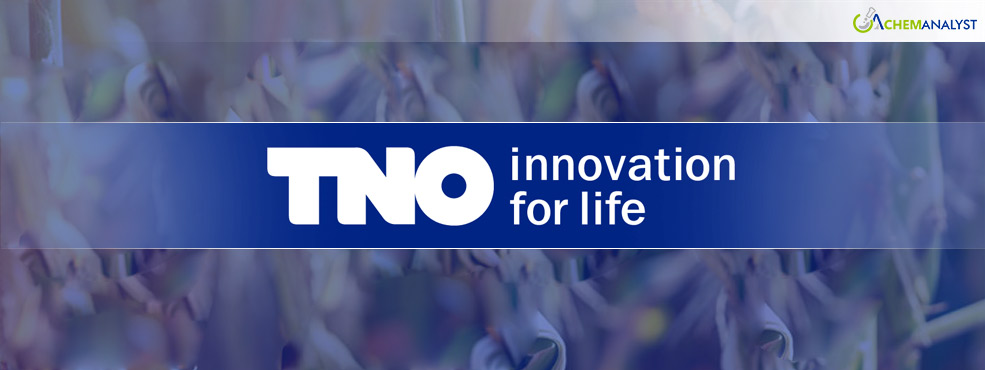Welcome To ChemAnalyst

Scientists at TNO, the Netherlands Organisation for Applied Scientific Research, have created an innovative artificial intelligence (AI) model called polyScout that significantly accelerates the development of biodegradable polymers. This advanced machine-learning tool predicts the chemical structures of polymers based on desired material properties, offering a groundbreaking solution for sustainable materials research. “If you need a material with certain properties, you enter those properties into the model, and then the model produces a chemical structure for a suitable polymer,” explained Milad Golkaram, team leader at TNO.
The journey to develop polyScout began in 2022, driven by the need to overcome the slow and labor-intensive process of traditional polymer development. The AI model operates through a series of carefully designed steps. Initially, it searches existing literature to extract data about known polymer structures. It then generates new data through experimental procedures, creating a database of structure-property relationships. When researchers input specific material requirements, the model uses this database to predict chemical structures that meet the desired criteria. This allows scientists to identify new, safe, and sustainable polymers much faster than conventional methods.
Golkaram highlighted the contrast between traditional methods and this AI-driven approach. “Back when I was studying, we had to go into the lab to develop new polymers,” he said. “It was a matter of trial and error, a process that can take years. With machine learning, our model learns more and more about the properties of polymers. It can recognize correlations faster than people can and draw conclusions from them. This means you actually get the desired result almost immediately.”
PolyScout is already making an impact in real-world applications. One prominent example is its role in the JTF-project, a collaboration between TNO and Senbis, a producer of biodegradable plastics and fibers. This partnership aims to tackle the challenge of microplastics pollution by developing a biodegradable polyester for use as a textile fiber. With the help of polyScout, TNO has been able to significantly streamline the development process, enabling faster and more efficient innovation.
Despite initial skepticism about the use of AI in polymer research, polyScout has been met with enthusiasm by industry partners. “Some are skeptical about the use of AI or think it’s too complicated. They are always positively surprised when we show them what we can do with polyScout,” Golkaram said. “As a result, we now have several companies who want to work with us, especially in the Netherlands. Getting a foothold in the rest of Europe is our next challenge.”
By combining machine learning with advanced materials science, polyScout represents a major step forward in the quest for sustainable polymer solutions. It demonstrates the transformative potential of AI in addressing critical global challenges such as microplastics pollution and the need for biodegradable materials, paving the way for a greener future.
We use cookies to deliver the best possible experience on our website. To learn more, visit our Privacy Policy. By continuing to use this site or by closing this box, you consent to our use of cookies. More info.
